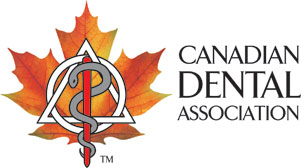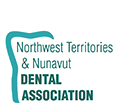You may find yourself looking after the health of someone else. This person may be family, or a close friend. There is a lot you can do to help when this person needs mouth care.
It may feel a bit strange at first, so go slowly. If the person does not want your help, respect their wishes. Ask your dentist for advice in this case.
Here are the procedures you should follow:
Natural Teeth
- Stand behind the person to brush and floss their teeth.
- Let the person sit in front of the sink. That way, you can make the same motions you use when you brush and floss your own teeth. After flossing, roll it up in a tiny ball and put it in the garbage. Never flush floss down the toilet.
- Make sure you use a soft toothbrush. Or you may find an electric toothbrush better when you brush someone else's teeth. Ask the person to tell you if you are brushing too hard.
- Have the person rinse with warm water when you are done.
Complete or Partial Dentures
- Let the person tell or show you how to take the complete dentures or "partial" out. (With complete dentures, put the upper set back first, and then the lower set.)
- Both kinds of dentures must be cleaned daily.
- Look for cracks in the denture. If you find any, take it to a dentist for repair.
- Fill the sink with water.
- Scrub the denture with a denture brush and soap.
- Rinse with water when you finish cleaning.
- Soak denture overnight. It can be soaked in a special cleaner for dentures (denture cleanser), in warm water or in a mix of warm water and vinegar (half and half). If the denture has metal clasps, use warm water only for soaking.
Mouth Tissues
- Ask if it is okay to look inside the person's mouth.
- Check the mouth closely. Look for swelling, red or white patches, parts of the gums that have changed colour and sores that do not heal in a few days. If you see any of these things, call the person's dentist.
- Clean and massage the inside of the person's mouth with a damp cloth or a soft toothbrush.











